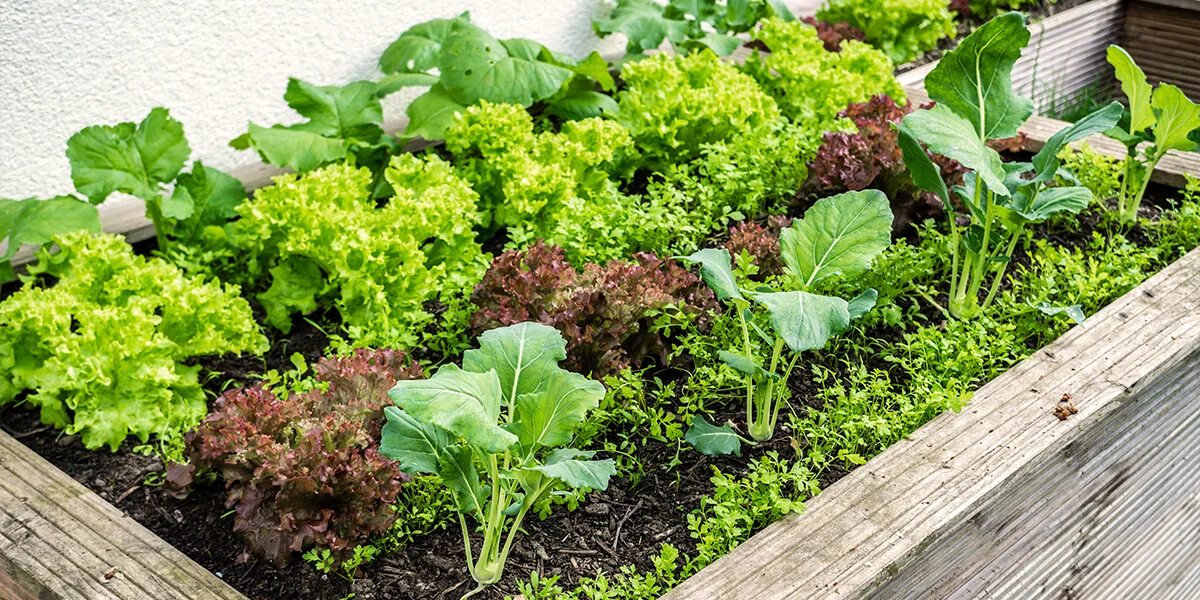How to Manage a Home Garden
Introduction: Home gardens are sanctuaries of greenery and fresh produce, offering tranquility and nourishment. Whether you’re a novice or an experienced gardener, mastering garden management ensures a bountiful, thriving oasis right at your doorstep.
Planning Your Garden Space: Begin by assessing available space, sunlight exposure, and soil quality. Plan the layout, considering plant needs and compatibility. Designate areas for vegetables, flowers, herbs, and perhaps a relaxation space to unwind amidst nature.
Choosing the Right Plants: Select plants suitable for your climate and garden conditions. Consider factors like sunlight, water requirements, and space constraints. Opt for a mix of annuals and perennials to maintain a balance between variety and continuity.
Soil Preparation and Maintenance: Quality soil is vital for healthy plants. Test soil pH, amend it with organic matter like compost or mulch, and ensure proper drainage. Regularly replenish nutrients through natural fertilizers to maintain soil health.
Watering and Irrigation: Mastering watering techniques is crucial. Water plants deeply and less frequently to encourage root growth. Install efficient irrigation systems like drip irrigation or soaker hoses to ensure plants receive consistent moisture.
Weeding and Pest Control: Regularly remove weeds to prevent competition for nutrients and space. Implement natural pest control methods like companion planting, introducing beneficial insects, or using homemade remedies to deter pests.
Pruning and Maintenance: Prune plants to encourage growth and maintain shape. Remove dead or diseased parts regularly. Regular maintenance, such as deadheading spent flowers or trimming overgrown branches, keeps the garden tidy.
Harvesting and Crop Rotation: Harvest fruits, vegetables, and herbs at their peak to maximize flavor and yield. Implement crop rotation to maintain soil fertility and reduce disease risks. Rotate plant families yearly to prevent soil depletion.
Seasonal Care and Protection: Adjust garden care according to seasons. Prepare for winter by insulating sensitive plants and protecting them from frost. Use covers or cold frames to extend the growing season.
Recording and Learning: Maintain a gardening journal noting planting dates, observations, successes, and failures. Learn from experiences and adapt strategies for subsequent seasons. Sharing knowledge with fellow gardeners enhances learning.
Conclusion: Managing a home garden is an enriching journey, filled with learning and rewards. By employing these tips and consistently nurturing your garden, you’ll create a flourishing haven that not only enhances your surroundings but also provides a source of joy and sustenance.

